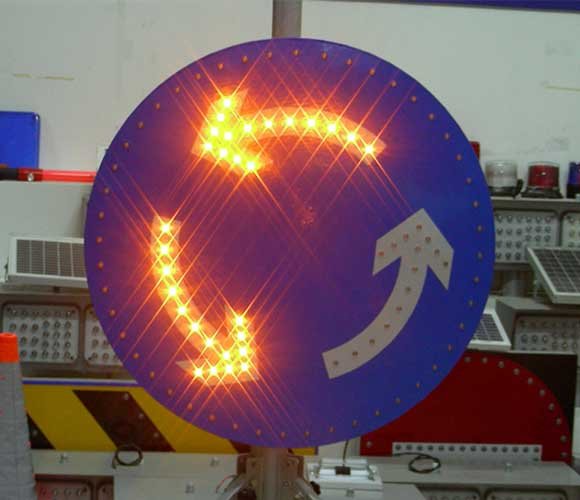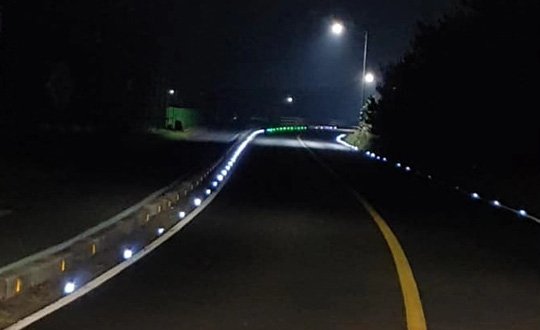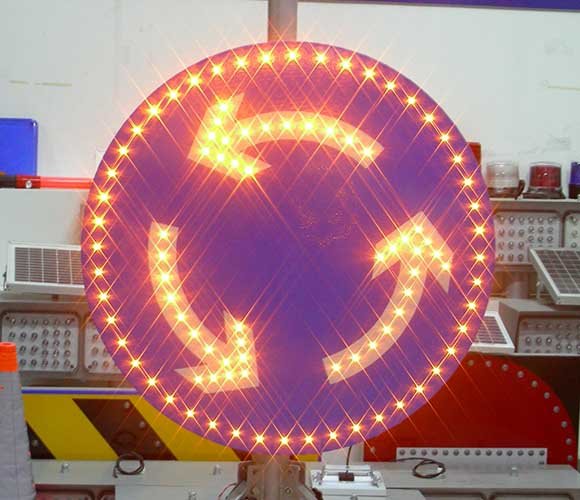Selecting the appropriate solar road stud lights is crucial for improving road safety and enhancing visibility under diverse conditions. Here’s a comprehensive guide to help you make an informed decision tailored to your specific needs:
1. Define the Purpose and Usage Scenario
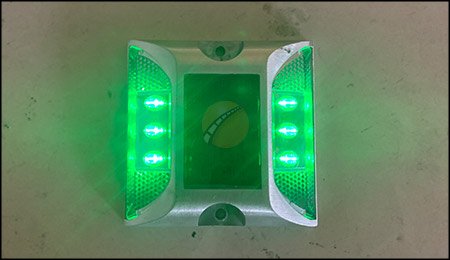
First, assess where and how the solar road studs will be utilized:
- Highways and Expressways: Choose studs that are robust, capable of handling high traffic volumes, and equipped with high-intensity illumination.
- Urban Roads and Residential Areas: Opt for units with aesthetic appeal and moderate luminance, which harmonize with urban settings without causing excessive glare.
- Mountain Roads and Curves: Select studs with enhanced visibility features and directional lighting to guide drivers safely on complex routes.
- Bicycle Paths and Pedestrian Walkways: Prioritize environmentally friendly and soft-lighting options to ensure pedestrian comfort and safety.
2. Evaluate Key Features
Key features to consider include:
- Solar Panel Efficiency: Ensure the stud has a high-efficiency panel for reliable charging, even in low light.
- LED Brightness: Adapt the brightness based on location needs—stronger for traffic-heavy areas and softer in residential zones.
- Material and Build Quality: Durable materials such as aluminum or reinforced polycarbonate ensure longevity, especially in harsh weather conditions.
- Waterproof and Weather Resistance: A rating of IP68 is recommended to guarantee performance during adverse weather events.
3. Consider Energy Storage and Operating Time
- Battery Capacity: Opt for a model that offers prolonged operation times (all-night illumination if necessary) without the need for recharging.
- Battery Lifespan: Preferably, choose studs powered by lithium-ion or lithium iron phosphate (LiFePO4) batteries for longer life and better performance.
4. Budget Planning
- High-End Options: These usually include additional features such as motion sensors, multi-color LEDs, or IoT capabilities, suitable for high-demand areas.
- Mid-Range Models: These provide a balance of durability and cost-effectiveness, ideal for regular city traffic conditions.
- Budget-Friendly Choices: Best for areas with lower traffic or for temporary installations, offering essential functions at a lower price point.
5. Check Certification and Warranty
- Safety Standards: Verify that the studs meet international safety standards such as CE, RoHS, or ISO, which confirm their reliability and safety.
- Warranty Coverage: A longer warranty period indicates the manufacturer’s trust in their product’s durability.
6. Read User Reviews and Seek Expert Advice
- Customer Feedback: Reviewing user testimonials can help gauge the real-world efficiency and robustness of the products.
- Expert Consultation: For tailored advice, speaking with suppliers or industry experts can be invaluable in choosing the right product that meets your specific needs.
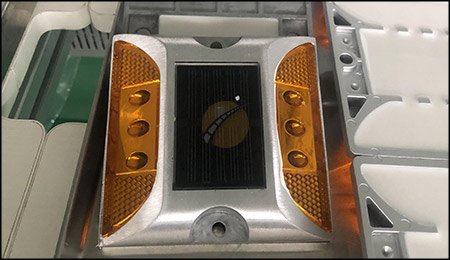
By thoroughly evaluating each of these factors, you can choose solar road studs that not only meet your specific requirements but also contribute to safer and more sustainable road environments. Remember, investing in the right type of solar road stud is crucial for long-term efficiency and effectiveness in enhancing roadway safety.


